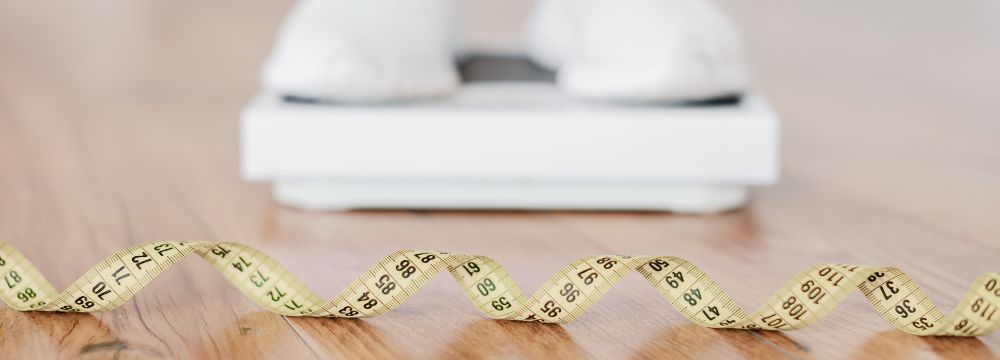
We’re often asked about the biggest hurdles you will face after bariatric surgery. Yes, we aren’t joking when we say the hard part begins AFTER surgery. However, it is by no means impossible, and thousands of our patients who remain successful in their life changes are a testament to that. Dr. Abbas reviews the TOP 10 milestones and obstacles you will face during your weight loss journey. Get ready for them and embrace them! After all, what comes on the other side is a very sweet victory.
- Plateau: Many individuals experience one or more plateaus in their weight loss journey. This is where they reach a point where they are no longer losing weight despite continued efforts. This can be frustrating, to say the least. That said, we all go through it. It’s best to take this time to speak to your support system rather than shy away from them. Plateaus are normal and not a sign of failure or imminent weight regain.
- Emotional and psychological factors: Weight loss maintenance can be challenging due to emotional and psychological factors such as stress, emotional eating, food cravings, and body image issues. These factors can lead to relapse and weight regain.
- Lack of support: Maintaining weight loss can be easy with a robust support system. Lack of support from family, friends, or healthcare professionals can make it harder to stay motivated and accountable.
- Unrealistic expectations: Unrealistic expectations about weight loss and maintenance can lead to disappointment and a higher likelihood of giving up. Having realistic goals and understanding that weight loss maintenance requires long-term commitment and lifestyle changes is essential.
- Social and environmental influences: Social situations, such as parties, gatherings, and eating out, can make it challenging to stick to a healthy diet. Environmental factors, such as easy access to unhealthy food options or a sedentary lifestyle, can also hinder weight loss maintenance.
- Metabolic adaptations: The body’s metabolism may adapt to weight loss, decreasing energy expenditure and making it harder to maintain weight loss. This can result in weight regain if calorie intake is not adjusted accordingly.
- Lack of physical activity: Regular physical activity is crucial for weight loss maintenance. However, some individuals may need help to incorporate exercise into their daily routine, leading to decreased energy expenditure and potential weight regain.
- Medical conditions and medications: Certain medical conditions and medications can affect weight loss maintenance. For example, hormonal imbalances, thyroid disorders, and certain medications may impact metabolism and make it harder to maintain weight loss.
- Lack of motivation and accountability: Over time, motivation can wane, and individuals may need help to stay accountable for their weight loss goals. Without proper motivation and accountability, slipping back into old habits and regaining weight becomes more accessible.
- Lack of education and knowledge: Limited understanding of nutrition, portion control, and healthy eating habits can hinder weight loss maintenance. I have the knowledge and skills to make informed choices and sustain a healthy lifestyle.









